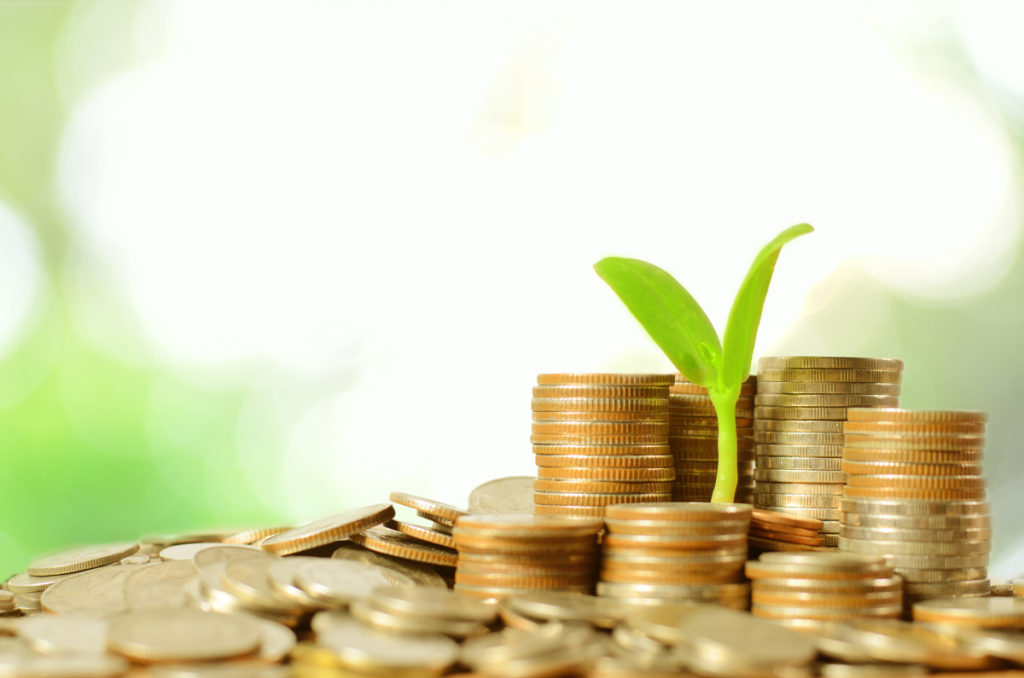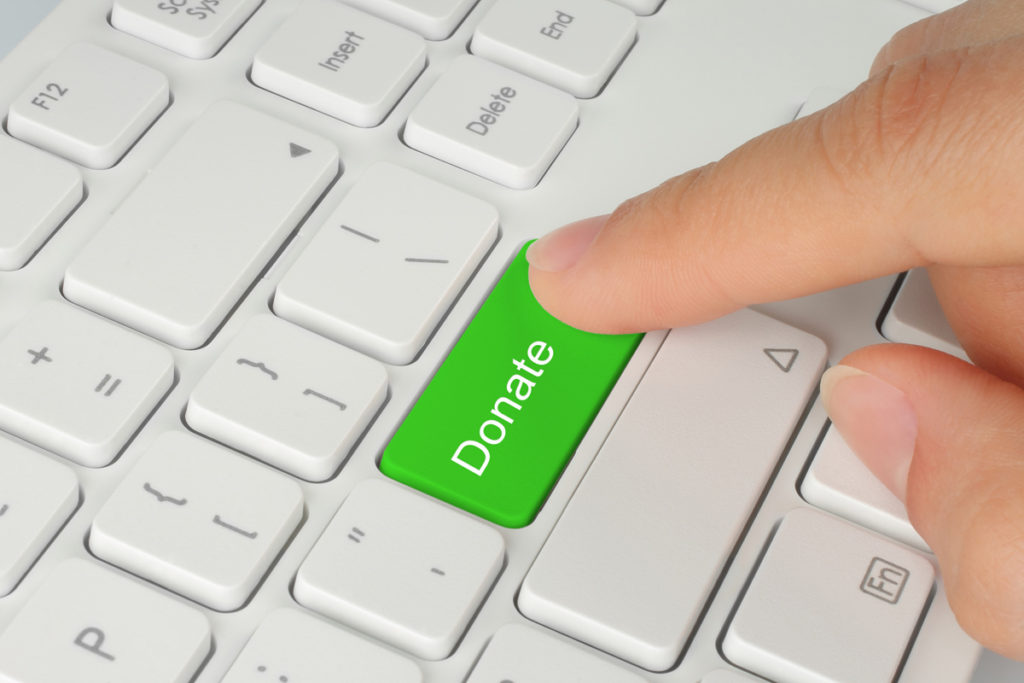
Donating to the causes you believe in not only benefits the charities and their important missions, it’s deeply rewarding for the giver as well. The knowledge that you’re helping others is empowering and, in turn, can make you feel happier and more fulfilled. Research has identified a link between making a donation to charity and increased activity in the area of the brain that registers pleasure — proving that as the old adage goes, it really is far better to give than to receive.
“You wish to be happy? Loved? Safe? Secure?” asks Stephen G. Post, Ph.D., and Author of Why Good Things Happen To Good People and The Hidden Gifts of Helping. “Then I have one answer: Give. Do it daily, in small ways, and you will be happier. Give and you will be healthier. Generous behavior shines a protective light over the entire lifespan. The startling findings from our many studies demonstrate that if you engage in helping activities as a teen, you will still be reaping health benefits up to 70 years later. And no matter when you adopt a giving lifestyle, your well-being will improve, even late in life. Generous behavior is closely associated with reduced risk of illness and mortality and lower rates of depression. Even more remarkable, giving is linked to traits that undergird a successful life, such as social competence, empathy and positive emotion. By learning to give, you become more effective at living itself.”

Each of us has many gifts to share — time, love, kindness — even if we don’t have much money. “Giving is good for the soul,” says Gale Nelson, President & CEO of Big Brothers Big Sisters of Miami. “By investing our time, talent or treasure for the betterment of our community, we become a part of the solution. It’s not simply about writing a check, it is about understanding how we impact and enhance someone else’s life. Donors and volunteers can make a big difference. Giving back is infectious; it emits positive energy, and ignites the power and promise of our youth and of the future.”
“Everyone will need help at some point in their life” he continues. “We can all relate to mentoring and friendship. As CEO of Big Brothers Big Sisters of Miami, I hear from our mentors that they get so much more out of serving than they ever expected. This type of unselfish giving is what makes our community stronger, and I believe that to whom much is given, much is required. Throughout my career I’ve had the privilege of being there for others, and when we give, we are blessed in return.”

The Charitable Aid Foundation asked 700 of their generous donors what motivates them to give regularly to charity. Not surprisingly, an impressive 42% agree that the enjoyment they receive from giving is a key influence. Similarly, the Do Good Live Well Survey of 4,500 American adults found that 41% of Americans volunteered an average of 100 hours a year. Of those who volunteered, a whopping 68% reported that it made them feel physically healthier; 89% said that it improved overall happiness; and 73% say that it lowered stress levels. “Helping others takes the focus away from ourselves and our ego,” says Life Coach Cindy Adams. “Additionally, it makes us live in the moment, stepping back from our everyday life and whatever personal situations are running constantly through our head. Simply put, there’s no mood booster better than seeing how you can make a difference and getting the positive feedback from those you’re helping. Bettering someone else’s situation betters your own.”
Bethenny Frankel, Founder of the positive self-image Skinnygirl lifestyle brand, says that philanthropic work provides an increased sense of purpose. “When things start to feel superficial, it’s time to engage in philanthropy again,” she says. It gives her a new perspective on life and reminds her of the things that truly matter and sets an example for children to help people, who for one reason or another, can’t help themselves. “Isn’t the whole reason we’re here in this world? I believe we are here to make life better for others as often as possible and put selfishness aside.”

Ultimately, giving makes people happier — and happier people give more. In fact, research has continually shown that happiness and giving operate in a positive feedback loop, with happier people giving more, getting happier and giving even more and so on and so on. “You don’t need to become a self-sacrificing martyr to feel happier,” says Prof. Phillipe Tobler, an international expert on behavioral economics and giving. “Just being even a little more generous will suffice.” It seems the experts agree: The key to a happier, healthier and more fulfilling life lies in giving.











